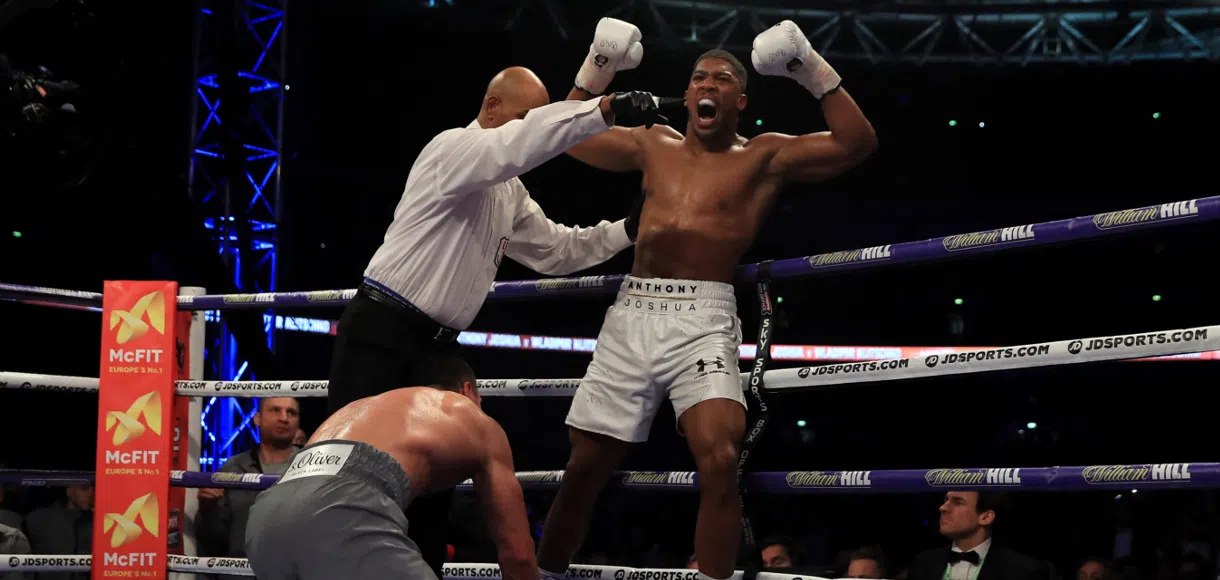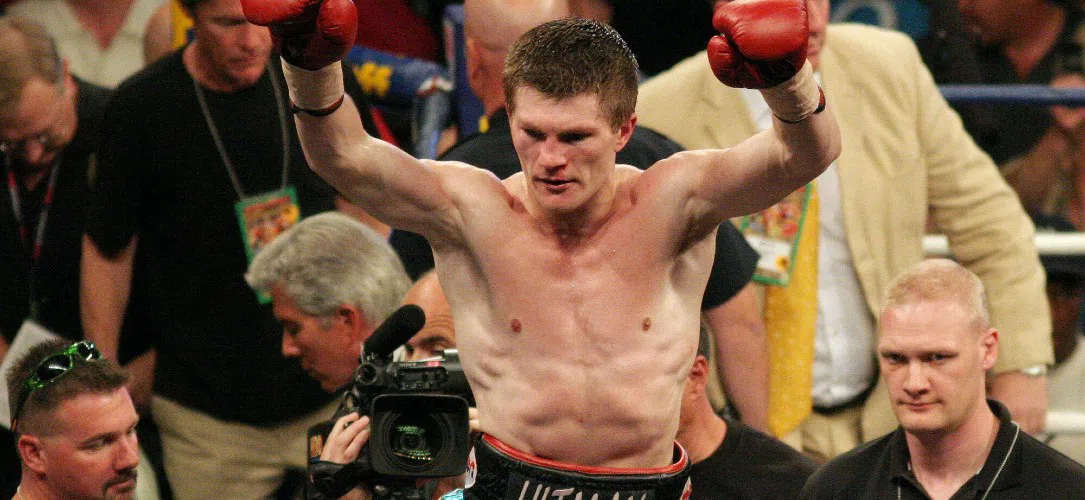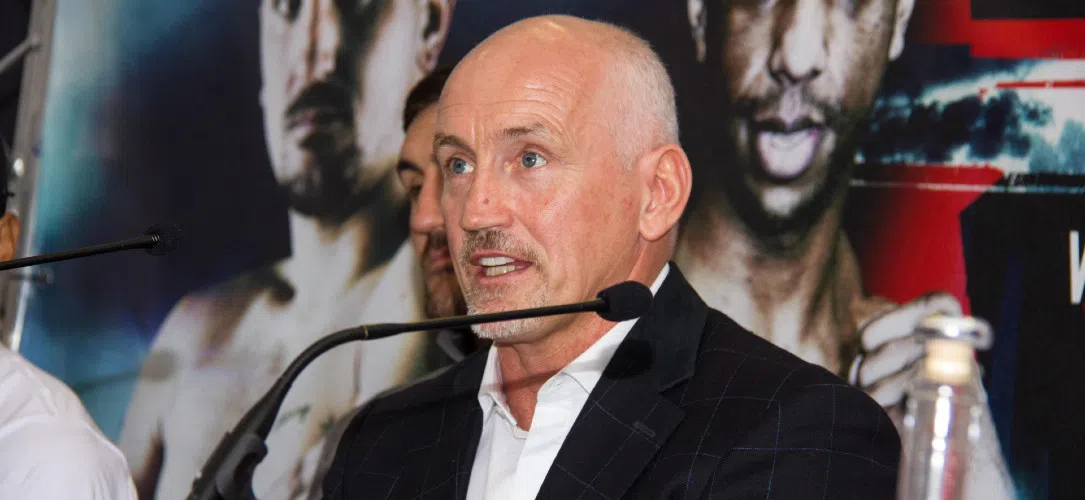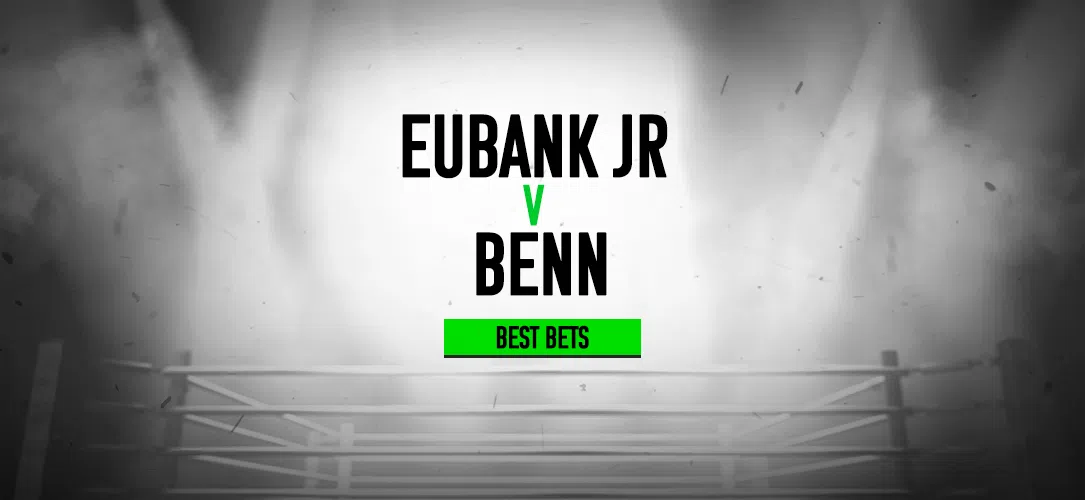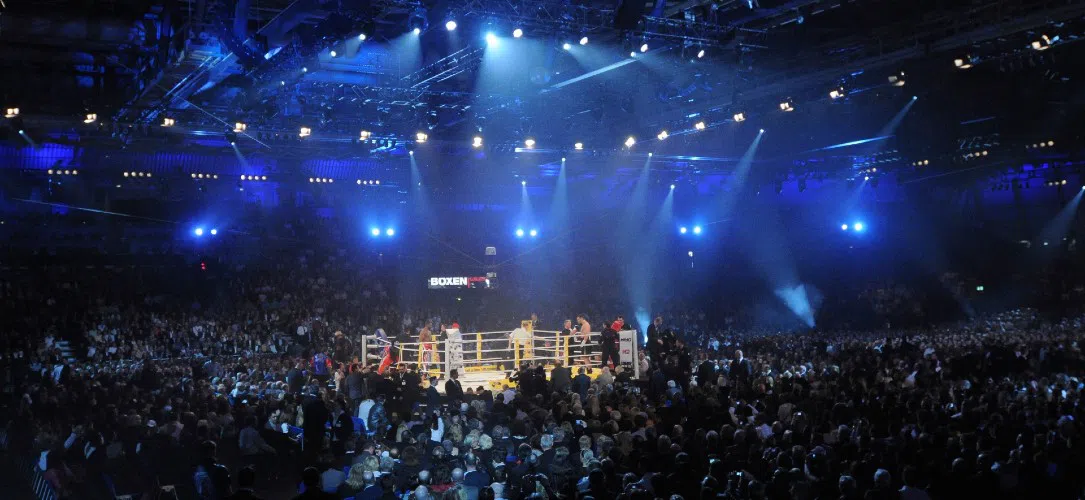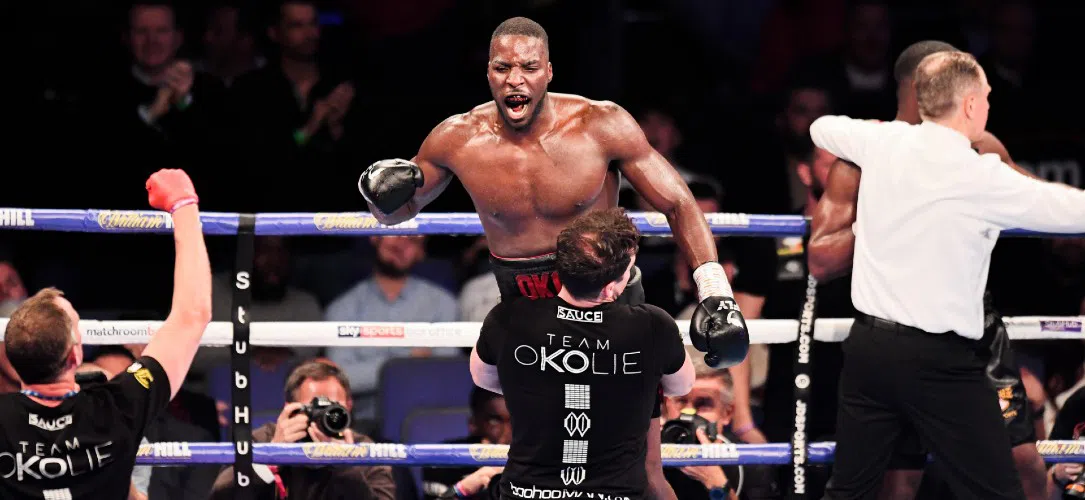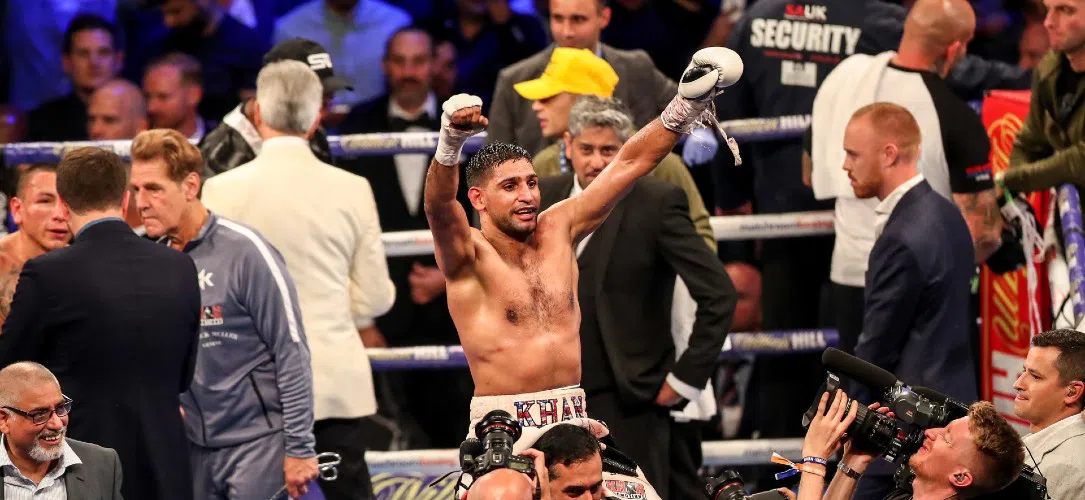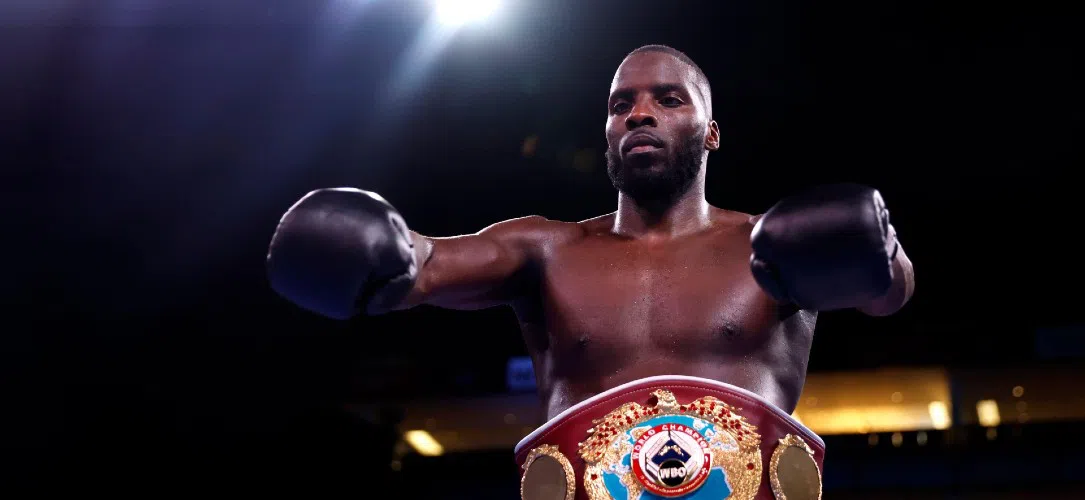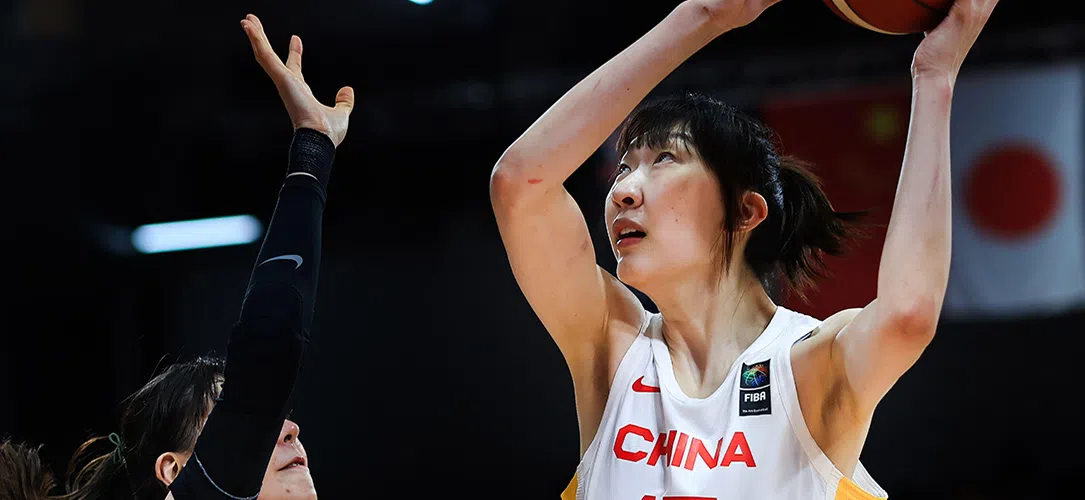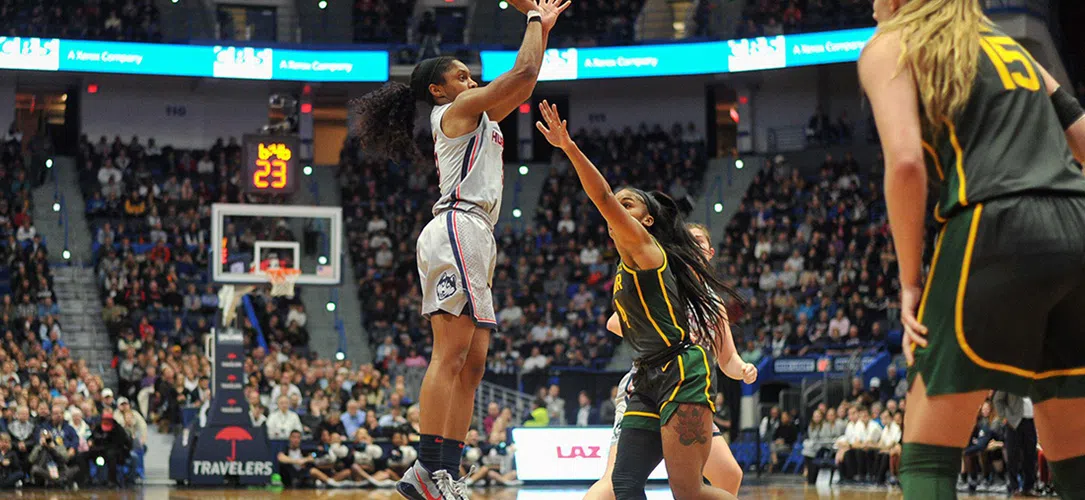With Joshua, Fury and a number of compelling British challengers, no other weight class is as exciting...
The next heavyweight superstar?
Britain is interested in boxing again. Especially the heavyweights.
Anthony Joshua’s Wembley thriller against Wladimir Klitschko broke pay-per-view records in the UK, with more than 1.5m people tuning in to watch the Watford-born champion defend his title in his biggest test to date.
Heavyweight boxing matches were once huge events that transcended the sport.
The Klitschko fight was the first in a long time to have that same all-consuming feel – a hugely encouraging signal of where the division is heading.
And with potential unification fights against fellow champions Deontay Wilder and Joseph Parker, he should continue to sell out huge stadiums while building his profile in the US.
Joshua – whose diet and intense training regime we recently revealed – now has the opportunity to bring boxing into a new golden era.
The greatest periods in the sport’s history have always had an iconic heavyweight champion – from Joe Louis in the 1940s to Muhammad Ali in the 1960s and 70s and Mike Tyson in the late 1980s.
With his combination of size, punching power and charisma, Joshua can be the latest fighter to join that list.
Don’t forget Fury

Yes, Joshua’s win over Klitschko was a huge moment for British boxing.
But Fury is the fighter to thank for the heavyweight division’s current boom.
The self-appointed ‘Gypsy King’ freed up the WBA, WBO, IBF and The Ring belts by beating the Ukrainian in 2015 – a victory for which he really hasn’t received enough credit.
Travelling to Germany and outboxing a younger Klitschko – who had not been beaten for 11 years at that point – was arguably an even greater achievement than Joshua’s.
Whether it’s because of his appearance, his fighting style or the frankly abhorrent comments he has made in the past, Fury has never been embraced by the public in the manner that Joshua has.
Fury is, however, the lineal heavyweight champion and still the one to beat.
If not for him, the division might still be stuck in the quagmire of Klitschko dominance that saw interest drop dramatically in the mid-2000s.
His return will be fantastic for the sport, and he is currently {ODDS:154861791:33/20} in the boxing odds to beat Joshua if – or when – they eventually meet.
Rest of British

Las Vegas used to be the pinnacle for any boxer.
That’s no longer the case, for British fighters, at least.
Major fights in the UK are now capable of filling bigger venues than those in the US, while achieving a comparable number of pay-per-view purchases.
London is arguably now the most prominent boxing market, and the heavyweight division is the one in which Britain is strongest.
Joshua and Fury are the top fighters in the weight class, but even below that level the Brits dominate.
In Tony Bellew, Dillian Whyte and even the injured David Haye, the UK has three contenders that are both accomplished fighters and engaging characters.
Simply put, that combination sells fights.
The biggest, best bouts are now in the UK, and arguably the two best fights of the past 18 months – Joshua v Klitschko and Whyte v Derek Chisora – involved British heavyweights.
Considering how personality-driven boxing has always been, the heavyweight division is in a fantastic position to benefit from the ongoing power shift from the US to the UK.

